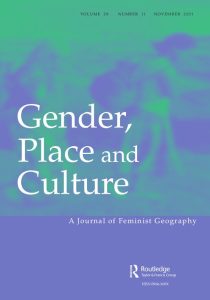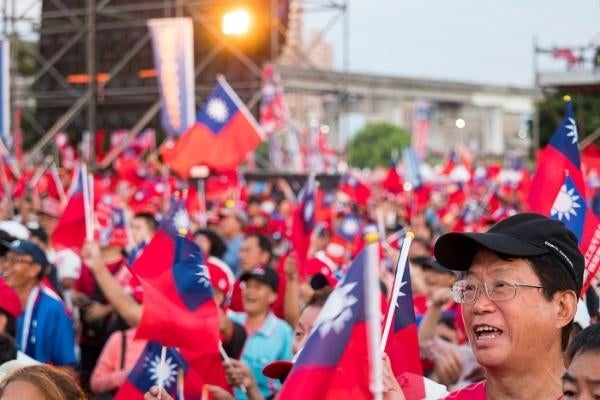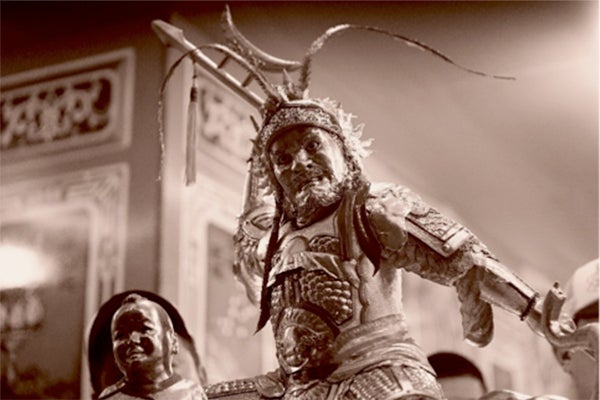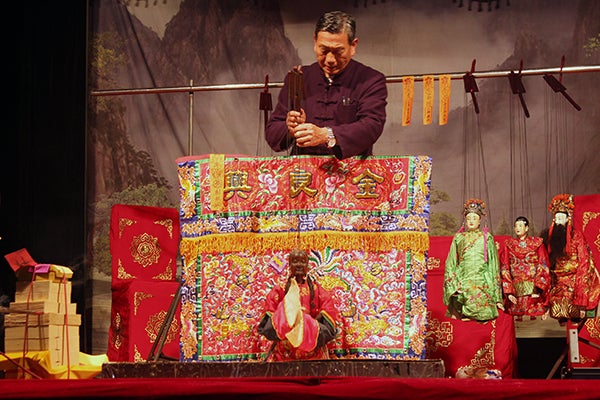Marriage, family and the sex of your significant other: The case of Taiwan
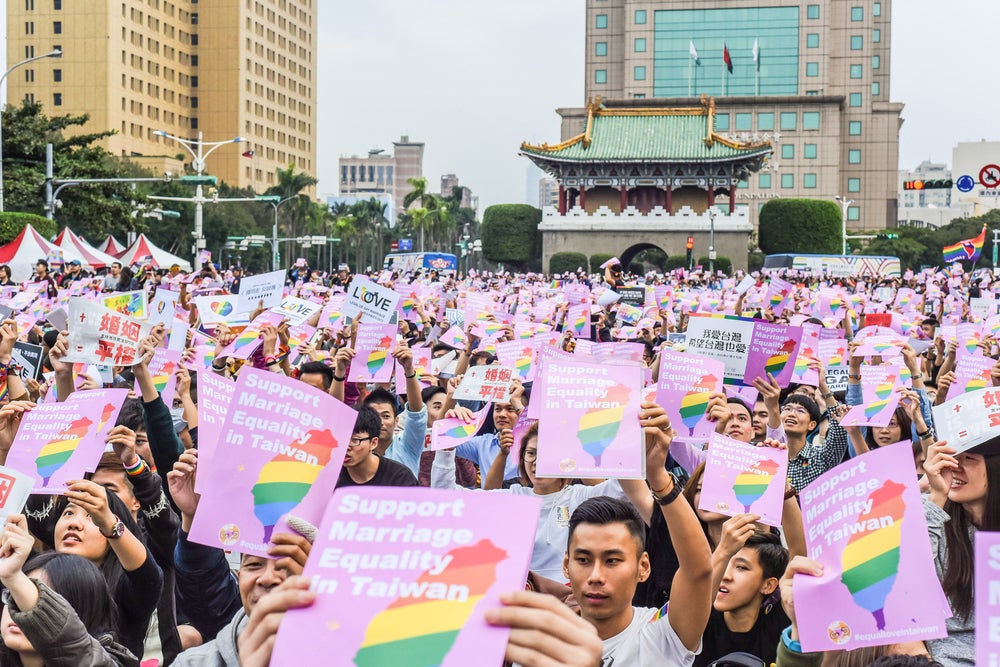
When I was doing my PhD in 2014, I was interested in how Taiwanese heterosexual couples struck a balance between work and family through the way they negotiated housework sharing and career progression at various stages of their marriage. More specifically, I found that time availability, financial resources, living arrangements and gender ideology held by the wife and husband jointly influence the way the couple allocate household chores and their decisions about job changes and career advancements.
Among the many factors that can influence where Taiwanese married adults live, whom they live with, and whom they live close to, the most salient ones have been their cultural norms, number of siblings and their sex, local job market prospects, and housing prices. In turn, the various living arrangements and household types result in interesting observable patterns of domestic chores sharing.
In general, when the couple lives in extended families with parents from either side, husbands are exempted from most chores except taking out trash and the occasional repair work. Domestic and childcare tasks in these households are often shared among the women, mainly wives, sisters-in-law and mothers-in-law. On the other hand, couples forming nuclear units, located far from the husband’s parents, are more egalitarian, sharing housework and childcare tasks. As a result, wives in these households have more leeway to plan their careers.
These findings suggest that the geographical distance between the couple’s household and their extended families’, and household types may influence how couples share housework and their work-life arrangements. They also imply that marriage in Taiwan is not merely a matter between the couple. Rather, the couple’s extended family members, in particular their parents, play a crucial role in their family life and further influence the couple’s power relations and work-life arrangements.
My findings reflect the prevailing legal and social understanding of marriage and family in Taiwan. Here, marriage is a union between two people and two families in the eyes of the law and the families involved. From the legal perspective, marriage formalises the intimate relationship between the couple and obligates them to care for each other and, in some cases, the partner’s extended family members as well.
For the couple’s family members, marriage is a union that integrates the couple into each family’s broader kin networks, which to some extent, justifies their intervention in the couple’s life. This intervention resonates with the long-lasting patrilineal tradition, although legally husbands and wives, and sons and daughters have equal rights and obligations. The gap between gender-neutral laws and patriarchal practice around family and marriage has been widely observed in Taiwan.
For instance, in 2007 the Civil Code replaced the old regulation that allowed only children whose mothers had no brothers to take their mothers’ surname. allowing parents to choose either surname for their child. Nonetheless, around 95 percent of newborns continued to use their fathers’ surname in 2007 and in each of the subsequent years following the change. In addition, while 83 percent of the Taiwanese population venerate their ancestors, the majority of them venerate deceased men and women differently.
Deceased male family members are enshrined in family ancestral halls or domestic altars, regardless of their marital status, as sons are regarded as permanent family members. On the contrary, daughters are seen as temporary members of their natal families and are enshrined in different places depending on their marital status.
Married women are enshrined in their husbands’ ancestral hall or domestic altar because they had become members of their husbands’ family upon marriage. Single or divorced women are enshrined in a separate location, such as a zhāitáng or vegetarian hall, rather than a family ancestral hall.
This ideology regarding the different family membership of sons and daughters also affects what resources men and women receive from their families and their living arrangements with parents, particularly after marriage. Sons usually receive more family-owned resources and support than daughters. For parents, living close to sons or in the same household is more acceptable and preferable to living with married daughters. Living together or close to extended family members reinforces the bond and support between married children and their natal families. However, this so-called support or bond may only be enjoyed by selected family members—the married son/the husband (Brainer 2019; Chung 2021; Yi 2019).
What then happens if the definition of marriage is expanded to ‘a union between two loving people of the same sex’?
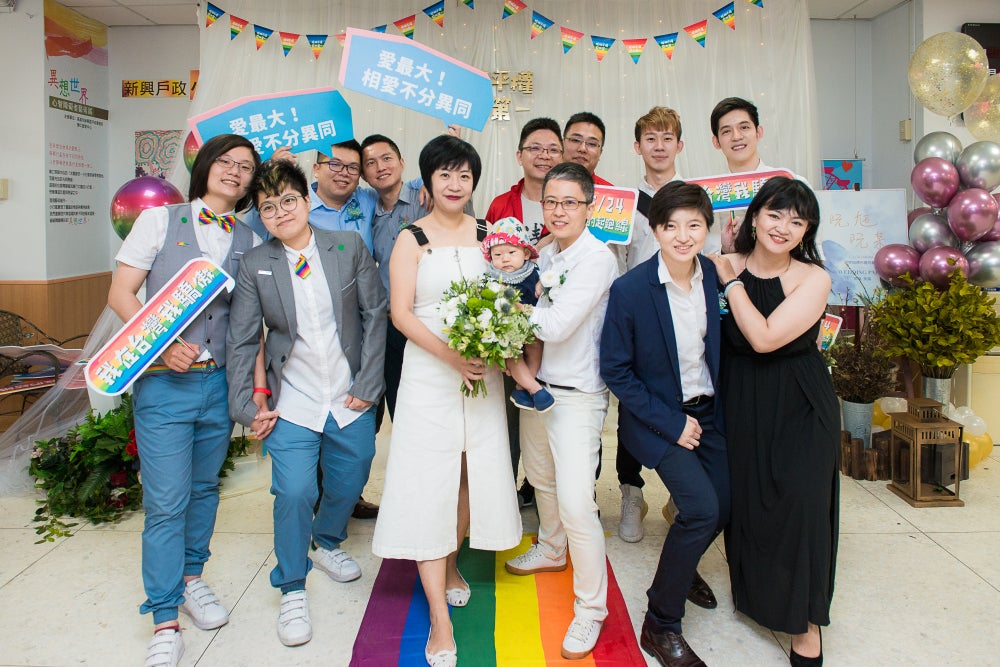
In 2019, Taiwan legalised same-sex partnership with the Act for Implementation of J.Y. Interpretation No. 748. This was regarded a landmark victory for LGBTQ activism in Asia, and Taiwan became the first Asian country to legalise same-sex partnership. In 2019 and 2020, respectively 2,944 and 2,384 same-sex couples , registered their relationship. Prior to the legalisation of same-sex partnership, Taiwanese LGBTQ people were considered single in the eyes of the law as they were not married to someone of the opposite sex.
There had been a considerable number of studies on Taiwanese LGBTQ people’s family lives and romantic relationships even before the legal recognition of same-sex partnership. These studies showed egalitarian sharing of housework between same-sex couples and relatively flexible living arrangements among them (e.g., Pai, 2017; Brainer, 2019).
A 2019 study by Amy Brainer concludes that LGBT people’s relationship with their partners and extended family members, any recourse for them from the family, and their career development are influenced by their biological sex as well as their family members’ expectations of their family role. She finds that gay sons who had stepped into a heterosexual marriage are usually expected to continue family lines by having children but were given more leeway to pursue romantic relationship with a same-sex partner outside of the family.
On the other hand, lesbian wives are expected to shoulder the majority of housework and take care of children and elderly family members, and thus little time for matters beyond their family commitments. In some rare instances, lesbian wives and daughters use their same-sex lovers as helpers for housework and unpaid care work. Her findings suggest that LGBT people may be situated differently in their family/kin networks and thus given varied responsibilities and resources based not only on their sexuality but also their biological sex.
Since the legalisation of same-sex partnership in Taiwan in 2019, which was a year after I completed my dissertation, research on marriage has expanded to cover the influence of the legalisation of same-sex partnership on the family life of ‘married’ same-sex couples and their relationship with extended family members. New research questions have emerged, such as whether housework is shared more equally in a same-sex ‘marriage’. In addition, a wife in a heterosexual marriage is thought to marry ‘into’ the husband’s family and will be included into their ancestral hall.
In the case of same-sex partnerships, which partner is regarded as marrying into the other’s family and whose family ancestral hall will be the last home for the couple? For same-sex couples, particularly lesbians, whose family line will be carried on through the children’s surnames? Finally, will the deep-seated patrilineal family practices be challenged and further transformed when lesbian parents (and children carrying their surnames) are more visible and common in Taiwanese society?
All these questions show the initial challenges posed by the legalisation of same-sex partnership to the long-lasting gendered connections between family and marriage in Taiwan, and encourage the exploration of new family forms that may treat sons and daughters, and men and women, more equally. However, more research should be done before we can make firmer conclusions, and Taiwan would be a good place to understand this newly recognised intimate formation and its connections with the wider family network beyond the Western context.
The views expressed in this forum are those of the individual authors and do not represent the views of the Asia Research Institute, National University of Singapore, or the institutions to which the authors are attached.






